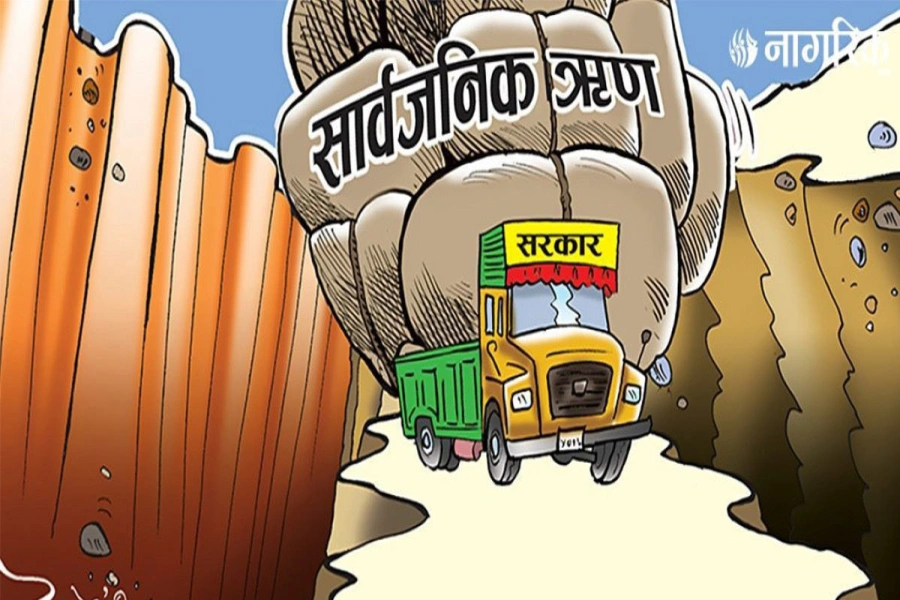NIIGATA, Japan, May 11: A standoff over raising the U.S. debt ceiling overshadowed a meeting of Group of Seven (G7) finance leaders set to begin on Thursday, heightening U.S. recession fears as central banks seek a soft landing for the global economy.
President Joe Biden piled pressure on Republican lawmakers on Wednesday to move quickly to raise the limit on the government's permitted borrowing from the current $31.4 trillion or risk throwing the world's biggest economy into recession.
Treasury Secretary Janet Yellen was expected to face questions from her G7 counterparts, meeting in the Japanese city of Niigata, on how Washington intends to prevent turbulence in financial markets, already jittery after the recent failure of several U.S. banks.
The U.S. debt crisis is a headache for Japan, which is this year's G7 chair and the world's biggest holder of U.S. debt.
Public debt hits Rs 2.8 trillion mark

Japan's top financial diplomat, Masato Kanda, said on Tuesday the G7 finance leaders might discuss the U.S. debt ceiling but likely would not explicitly mention it in a joint statement at the end of the meeting on Saturday.
Global economic risks, including stubbornly high inflation and the fallout from aggressive U.S. and European interest rate increases will likely be among key topics of debate for the G7 finance ministers and central bankers.
As rapid rate hikes by the Federal Reserve weigh on the U.S. economy, recent data has shown signs of weakness in China, the world's second-largest economy.
China's consumer prices rose at the slowest pace in more than two years in April, while factory gate deflation deepened, data showed on Thursday, dashing policymakers' hopes that a rebound in the country's demand would underpin global growth.
Other key themes to be discussed at the G7 finance gathering include ways to strengthen the global financial system and steps to prevent Russia from circumventing sanctions over its invasion of Ukraine.
Arriving in Niigata on Thursday, Yellen said the United States and a broad coalition of other countries had provided significant economic, security and humanitarian assistance to Ukraine, while using sanctions and export controls to impose heavy economic costs on Russia.
Past U.S. debt ceiling fights have typically ended with a hastily arranged agreement in the final hours of negotiations, avoiding an unprecedented default. In 2011, the scramble prompted a historic downgrade of the United States' top-notch credit rating. Veterans of that battle warn the current situation is riskier because political divides have widened.
Back then, the G7 finance leaders said in a statement that they were "committed to addressing the tensions stemming from the current challenges on our fiscal deficits, debt and growth."





































